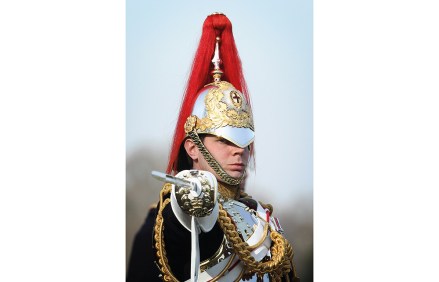The futility of ever hoping to give peace a chance
‘War – what is it good for?’ asked Edwin Starr on his 1970 single of the same name, before answering his rhetorical question: ‘Absolutely nothing.’ In this, Starr was not only excoriating America’s contemporary folly in Vietnam. He was implicitly endorsing the philosopher Immanuel Kant’s recommendation that humanity could and should trade up from endless war to perpetual peace, and the anthropologist Margaret Mead’s suggestion that war was not natural to our species. In 1940 she wrote: War is just an invention known to the majority of human societies, by which they permit their young men either to accumulate prestige or avenge their honour or acquire loot or wives or




